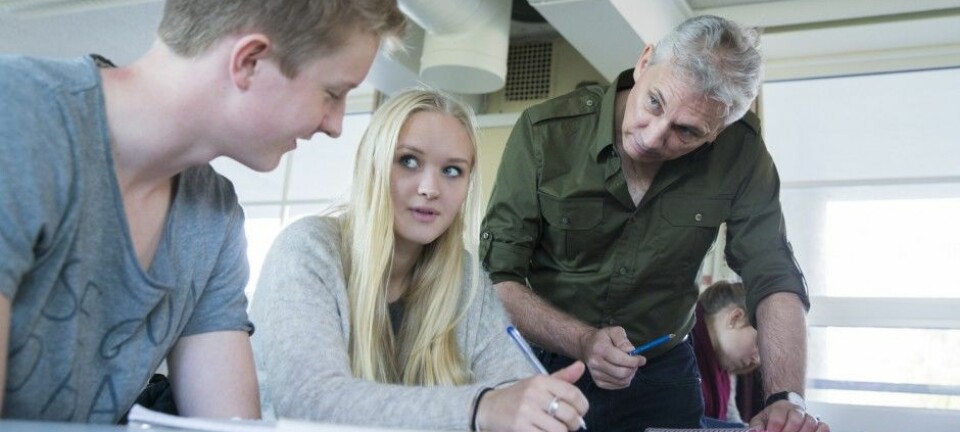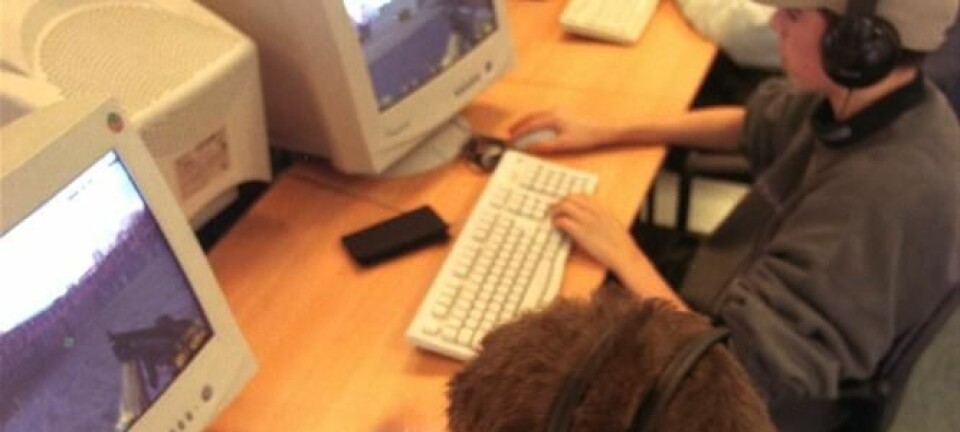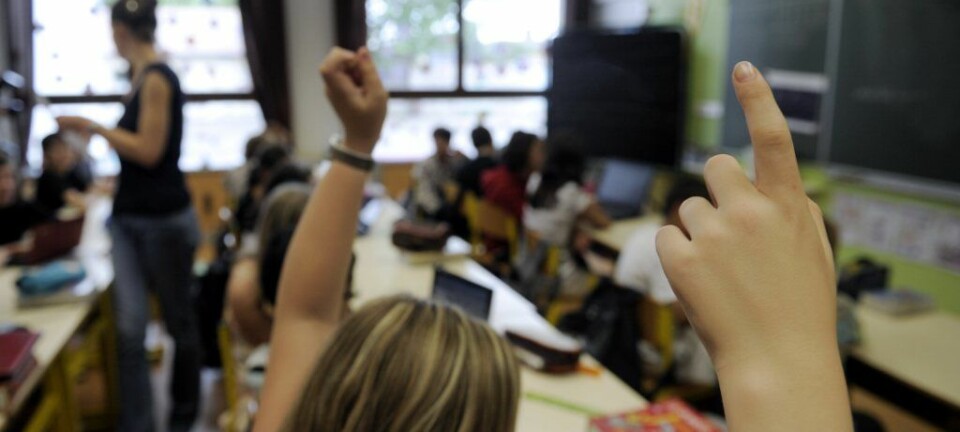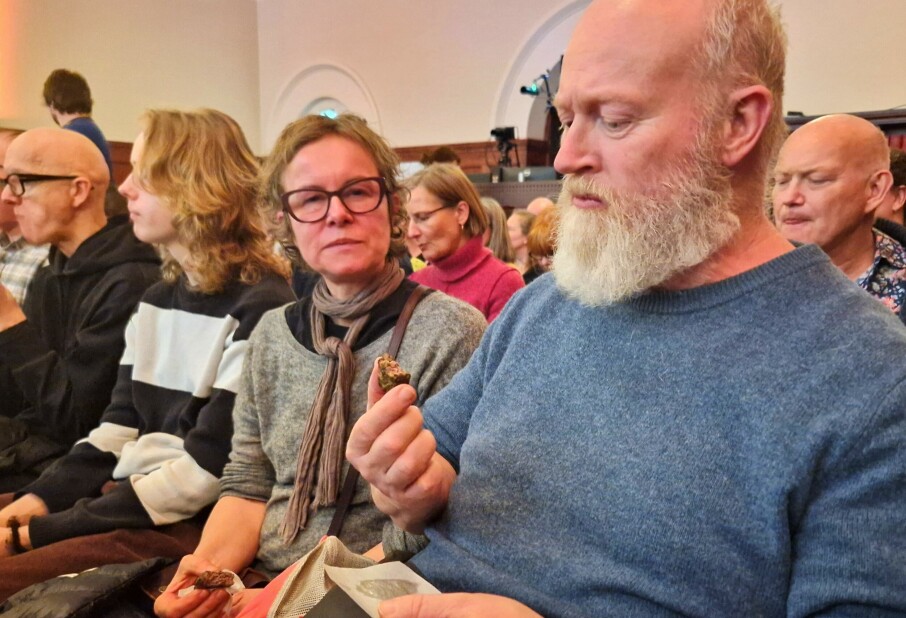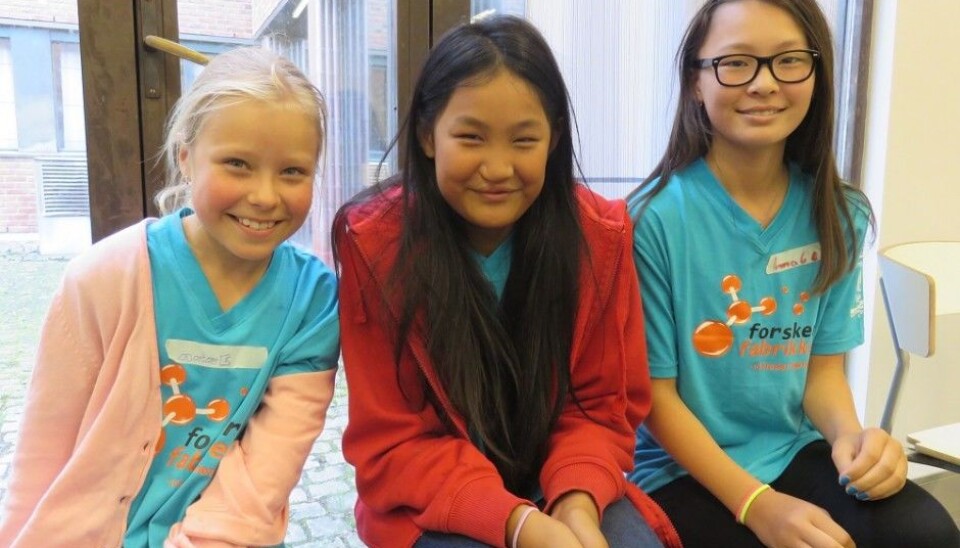
Nerd camp with hands-on science
Some Norwegian pre-teen children spend a week of their summer holiday to learn more about maths and science. Their instructors hope what they mostly learn is that science is fun.
Hands-on science – even during the summer holidays – makes learning fun. At least that’s how pre-teen Amalie Ruthenbeck (12) explains her and her fellow students’ enthusiasm for their week spent at the University of Oslo learning about maths and science.
“At school we mostly write in our assignment books and stuff like that, but I like that we get to make things and do experiments here,” she said. “It also helps that we have different teachers, students and classrooms (than during the school year). It’s fun to learn with new people.”
Ruthenbeck was one of more than 60 fifth, sixth and seventh graders who chose to give up a week of summer holiday to come to the university to learn more about the sciences.
In 2002, biochemist Hanne S. Finstad created “Forskerfabrikken” (the Researcher Factory) to give pre-teens access to hands-on science during their free time. Now, 13 years later, Forskerfabrikken offers courses and summer school in many counties. The motivation behind the effort remains the same.
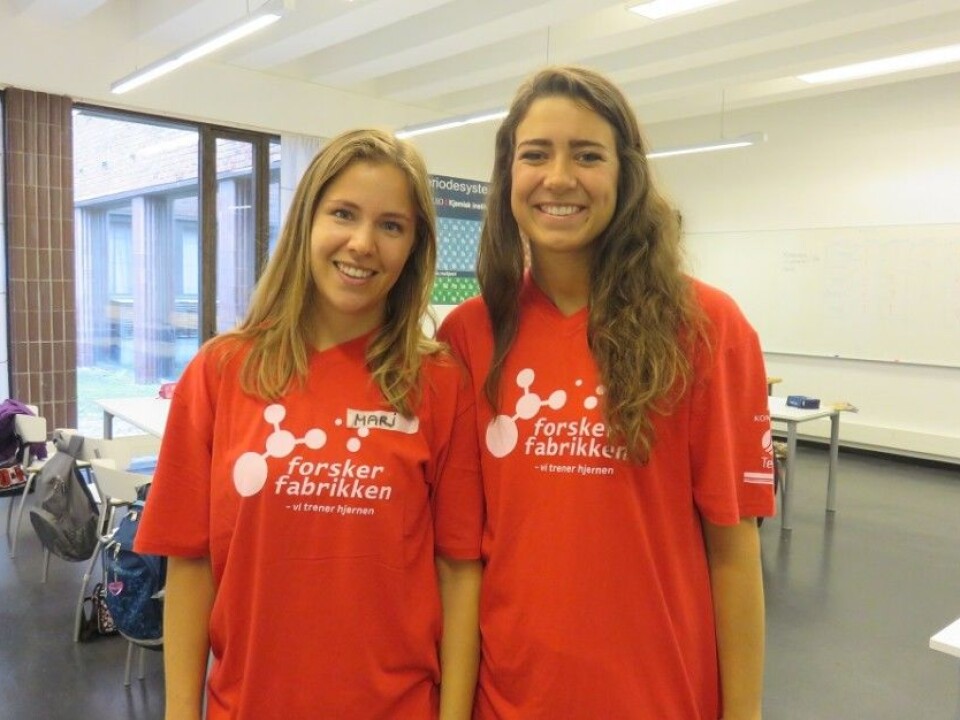
“The best athletes are not created in gym classes, and if you want to become a musician, you have to study music beyond just taking music lessons. We are simply treating maths and science like a hobby,” explains Finstad.
Learning with straws
Children in a classroom at the University of Oslo’s Department of Chemistry are staring intently at a blackboard as instructors Mari Bøe and Malene Nyhus pepper the class with questions about high and low pressure.
Even the tough guys who have chosen to sit in the back of the class actively participate when the class discusses the answers to the instructors’ questions. After many creative explanations and a number of blackboard drawings, the class decides to test its theories.
The class sends some guinea pigs up to the blackboard where there is a cup of water and a stack of straws.
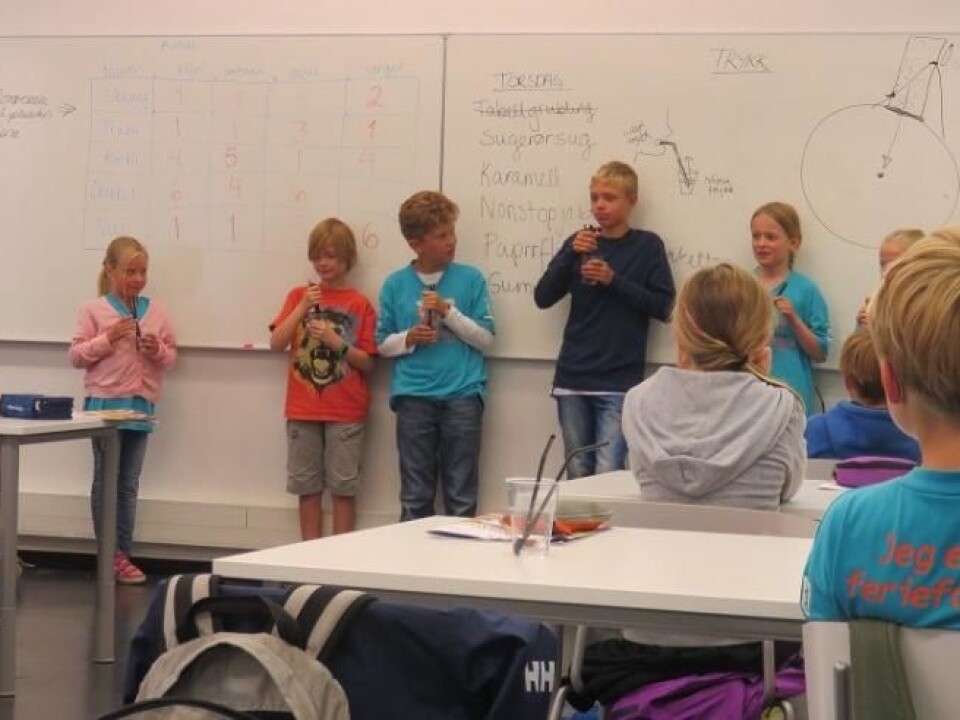
“How many straws do you think they can suck on simultaneously?” Nyhus asks the class.
The children speculate, and Nyhus writes different ideas on the blackboard.
“What do we call it when we describe what we think is going to happen? A hypothesis!” she says to the class.
Will create interest
While Ruthenbeck and her fellow campers are having fun, they also understand why the adult instructors are so focused on teaching participants about how research is done.
The summer session makes it “so that children will like research more, so that maybe they will be scientists when they grow up,” Ruthenbeck said. “So when we are choosing jobs, we might think, ‘I thought that it was fun (to do research) when I was a kid, so I could certainly do it now.’ ”
Ruthenbeck’s summer instructors agree. Boe and Nyhus themselves are studying maths and science, and both will be secondary school science teachers. They’re working as instructors for Forskerfabrikken as a summer job. Nyhus think the most important thing they can do is to create interest in maths and science, so that the children will be more likely to choose science as a career later.
Lots of theory, little hands-on
“Children are taught a great deal of theoretical science at school. Here we show them science in practice. It’s much easier to understand technical things when they are made concrete,” she said. “It ‘s inspiring to see how much the kids look forward to getting started, even though the background for a lot of what we do can be quite dry and abstract.”
Bøe thinks it’s a shame that science education has become something dead, where students feel like all the answers come from an answer key.
“We should give children the chance to wonder about things. What’s probably most important is that they learn to think like researchers, to be inquisitive, develop hypotheses and interpret results. Children need to know that we don’t know everything, and there is still much you can discover.”
Forskerfabrikken founder Finstad agrees.
“We often find that children who are struggling with these subjects at school discover that they can master these subjects when they come to us,” she said. “We are not just for academically strong students, but we’re able to inspire children with diverse backgrounds and abilities.”
--------------------------------------------------
Read this article in Norwegian at forskning.no







